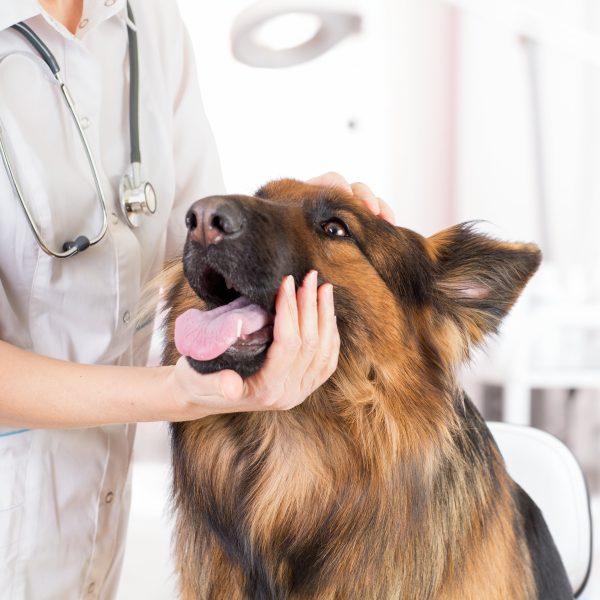What to Know About Upper Respiratory Infections in Dogs

Just like humans, dogs can catch various common illnesses, like respiratory infections. Sometimes these infections pass on their own, but other times they can develop into a more severe issue. It’s important to know what to look for and when to take your dog to the veterinarian. Here’s what to know about upper respiratory infections in dogs:
What Are Upper Respiratory Infections in Dogs?
Upper respiratory infections are any type of infection that affects a dog’s upper respiratory tract. This can include the nose, sinuses, and trachea. These infections are typically contagious and can be both bacterial and viral.
Dogs can spread these infections to one another through coughing, sneezing, and nose-to-nose contact. This is why infections like this spread so quickly in kennels and doggy daycares.
Types of Upper Respiratory Infections in Dogs
The most common kind of upper respiratory infection is Canine Infectious Respiratory Disease Complex (CIRDC), more commonly known as kennel cough. This common disease has both viral and bacterial pathogens that affect the respiratory tract.
Some of the most common pathogens that can cause kennel cough are the bacteria Bordetella bronchiseptica, Streptococcus zooepidemicus, and viruses like parainfluenza, influenza, and adenovirus. Be aware that influenza is one of the diseases you can spread to your dog. In this way, kennel cough can be both the main infection itself and a symptom of another infection.
Symptoms of Upper Respiratory Infections in Dogs
There are a few symptoms to be mindful of if your dog catches an upper respiratory infection. Most dogs will develop a “goose honk cough”, which will sound like a goose honking. Puppies will often have discharge from the nasal cavity as well.
Dogs often will cough up foamy saliva which can be mistaken for vomiting. Other symptoms to look out for are lethargy, lack of appetite, sneezing, and fever. While most symptoms are usually fairly mild, they can progress and become serious very quickly. If this happens, it could lead to pneumonia.
Pneumonia causes rapid and labored breathing as well as a cough that sounds wet as opposed to dry. Difficulty breathing is one of the symptoms you should never ignore in your dog. It’s important to seek medical care quickly as pneumonia can become very serious or even fatal.
What Are the Treatment Options for Respiratory Infections in Dogs?
Most upper respiratory infections in dogs resolve themselves within a week or two. If your dog’s case is caused by a viral infection, you have to let the infection run its course with guidance from your veterinarian. Because respiratory infections can be worse for brachycephalic and snub-nosed dogs, you will want to call your vet and follow their recommendations.
Provide supportive care for your dog with cough suppressants (be sure to check with your veterinarian first), clean and fresh water, collars that don’t pull around the neck, as well as plenty of rest. You can also help keep their airway moist by taking your dog into a steam-filled bathroom.
If the upper respiratory infection is caused by a bacterial infection, your veterinarian may prescribe antibiotics, especially if your dog exhibits signs of lethargy, breathing problems, or decreased appetite.
How Long is a Dog With a Respiratory Infection Contagious?
Unfortunately, many dogs with upper respiratory infections do not exhibit symptoms, so this illness spreads very easily. They can be contagious for up to two weeks.
If your dog does exhibit symptoms, limit their contact with other dogs. Depending on the type of infection, the pathogens can live on surfaces for a few days up to a few months. You should keep your dog away from other dogs for a week or two even after your dog has recovered.
How to Prevent an Upper Respiratory Infection in Your Dog
It’s impossible to know where your dog could pick up an upper respiratory infection. However, a regular veterinarian schedule can help to prevent these infections.
It’s also important to keep your dog up-to-date on their vaccinations. There are vaccines available to boost your dog’s immunity against these viruses. Plus, keeping your dog up to date on vaccinations is a great way to be a responsible dog owner. And if you hear about a CIRDC outbreak in your area, keep your dog away from areas heavily populated by other dogs.
These are just a few things to know about upper respiratory infections in dogs. Knowing the signs and symptoms to look for and how to prevent them is important in keeping your dog healthy.
